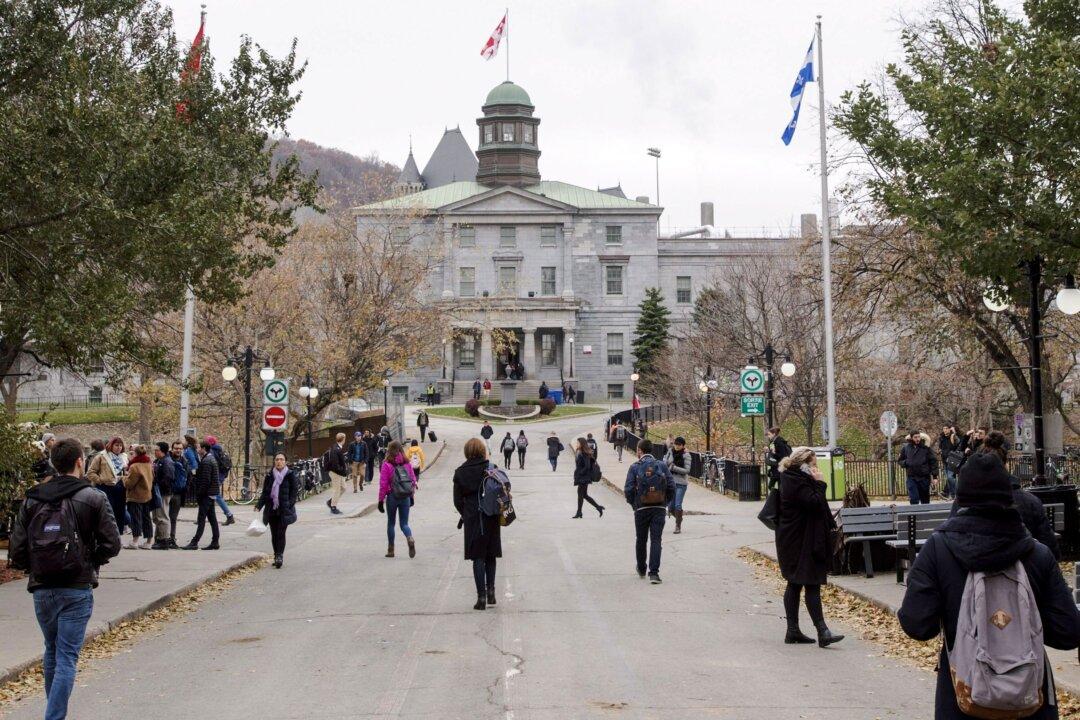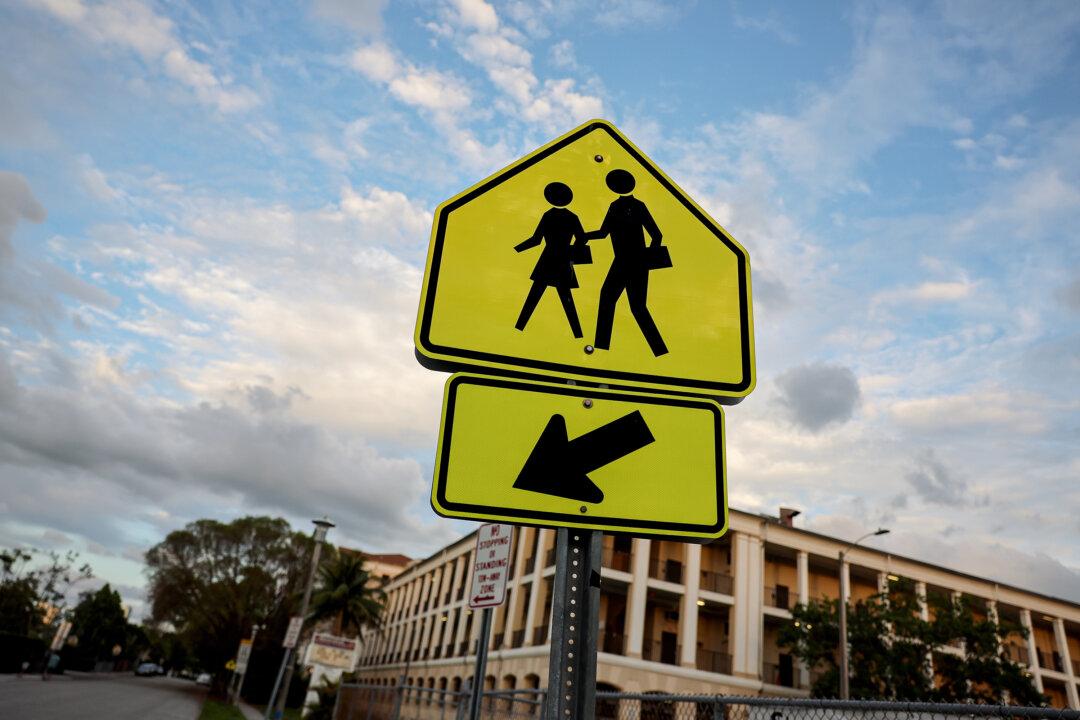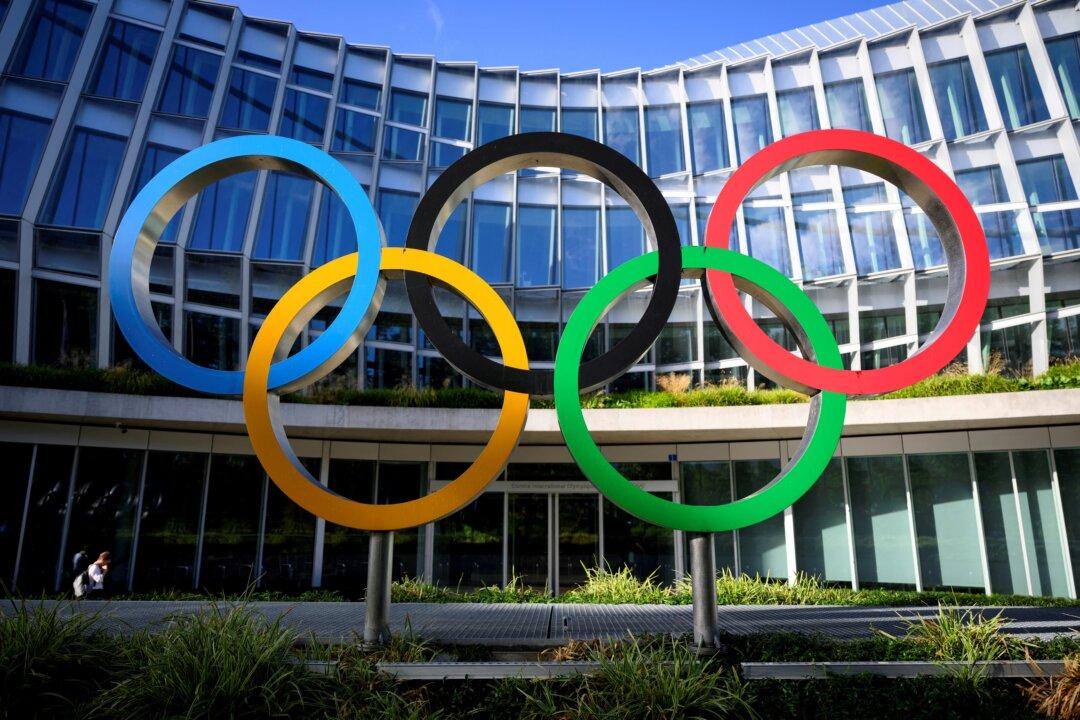Commentary
Last month, Quebec Premier François Legault took to Facebook to criticize “radical activists” who he said are taking political correctness to extremes. He was in part reacting to the suspension last September of a francophone University of Ottawa professor for using the N-word in class.





